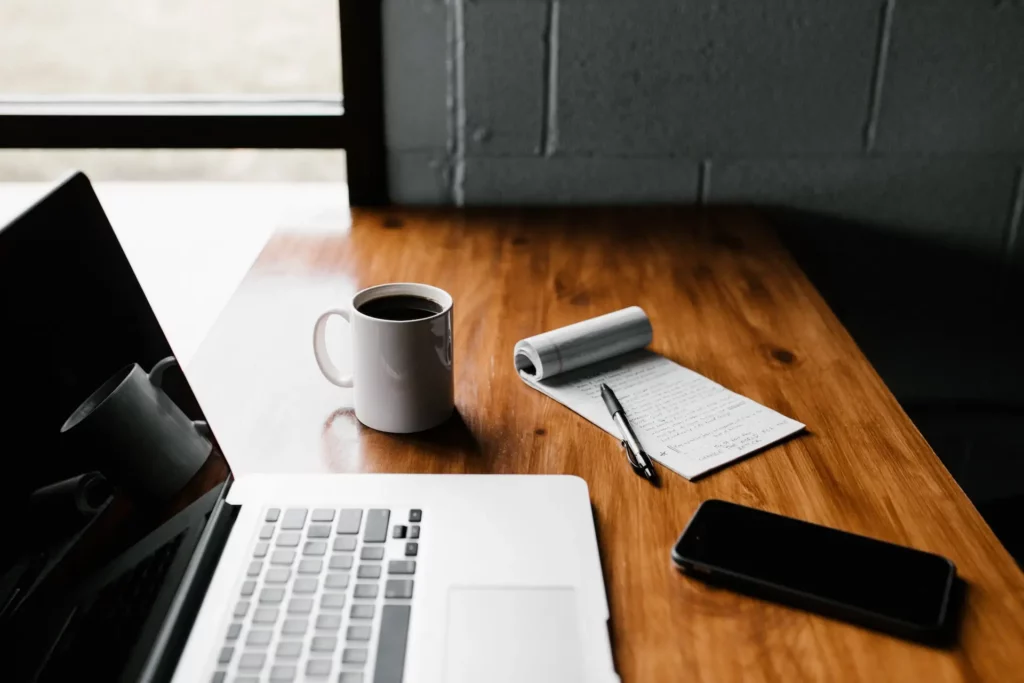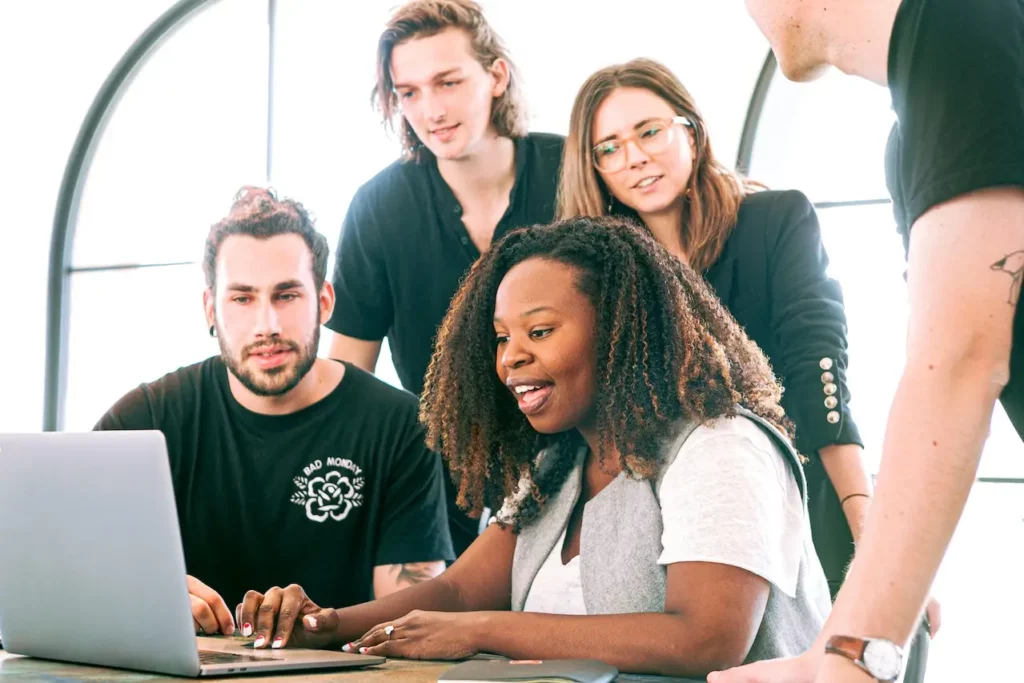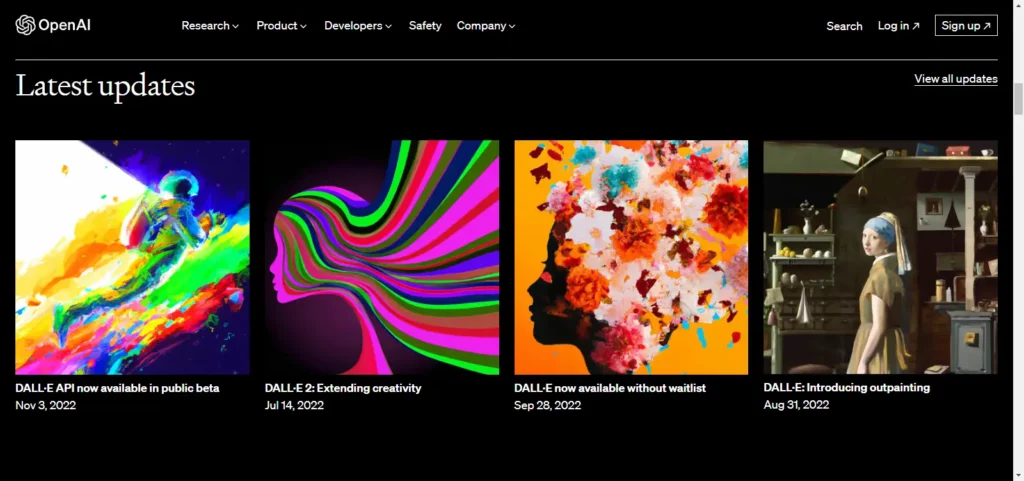The luxury sector has undergone a digital transformation and is facing the challenge posed by changes in consumption: moving from the physical experience to the online one. More than 75% of Spaniards have normalized purchases in digital channels, and in 2025, it is expected that one in three sales of high-end products will be digital.
Luxury has traditionally been associated with a physical and personalized shopping experience. This sector, which currently accounts for more than 4% of the GDP in Europe and generates more than two million jobs in the European Union, has undergone a digital transformation and is facing the challenge posed by changes in consumption.
A scenario that causes the physical experience of maximum excellence experienced by the client to be transferred to the digital level, with the same exclusive and personalized attention.
And it is that the capacity for innovation is one of the critical tools in this sector, where digital transformation has gone from an option to a reality.
Specifically, more than 75% of Spanish Internet users have standardized purchasing on digital channels, which also extends to the luxury sector. According to industry data, by 2025, one in three sales of high-end products is expected to be digital.
In this context, ISDI, a digital business school, together with Esmeralda Pérez, an expert in the management and transformation of luxury brands and founder of Koru Luxury Advisor and spokesperson for LOEWE Perfumes, L’Oréal Luxe, Jaguar Land Rover, and The Madrid Edition have addressed in the round table “Industry Series: Luxury” how the large luxury brands have had to adapt to purchasing through the new digital sales channels, how agility is a crucial skill to enter this environment, how they are redefining the role of physical stores and services or rethinking the customer journey.
The Hybrid Purchase will Continue.
During the meeting, the managers of each firm analyzed how the hybrid purchase will continue to be valid and how the firms must combine the experience of physical purchase with e-commerce.
For this, María Benito, General Manager Perfumes de L’Oréal Luxe, highlighted that the importance of e-commerce has accelerated and that consumers continue to seek their convenience, which is found in the online environment, opening the door to many opportunities.
In addition, maintaining a hybrid trend in the luxury sector is not ruled out. For Sergio de León, Deputy Managing Director at LOEWE Perfumes, “the channel is a factor, but the product is still essential.
Specifically, no matter how well the digital channel is going for a firm, the part or product that we offer the client will continue to be the trigger to achieve that final purchase”.
In the case of the automotive sector, the experience is entirely different. The search for information is purely digital since “95% of buyers have digital contact with the product in the purchase process,” said Félix Olavarrieta, Director of Marketing at Jaguar Land Rover Iberia.
However, in this area, the distribution network continues to have a sizeable analog component, and the sale of our luxury vehicles currently follows an RO-PO model (Research Online, Purchase offline) where structural changes and hybrid models are the natural effects of this digitization.
For her part, Carolina Bao, Senior Marketing Manager at The Madrid Edition, addressed the challenges of the tourism sector, which has a different way of consumption. As it is not a recurring purchase, direct online investments can fluctuate between a 10% and 20% share.
A client who consumes luxury hotels seeks a very personalized experience and, for the most part, is finished through a third party, travel agents, or specialized luxury agencies that offer tailor-made experiences, where the hotel is part of the hotel’s attractions Destination.

In this sector, digitization is lived differently, incorporating elements such as online check-in, home automation in the rooms, or requesting services, such as breakfast, from the room itself.
However, in the direct purchase, the objective of bringing the human factor to the digital part is maintained since the recommendation in person continues to be sought.
Luxury, a Sector that Reinvents Itself
All the spokespersons agreed that omnichannel has been a critical element, which initially represented a challenge for the sector and has ended up being an opportunity. Likewise, data collection allows us to offer a personalized experience and get to know the client to anticipate their needs and preferences.
For its part, LOEWE Perfumes pointed out that luxury is an experience and will be marked by technology. A differential experience will continue to be offered, and the logistics sector is also crucial in this process. “Thanks to an online impact, a consumer from Osaka can place an order in Madrid and receive it at his house in just 10 days,” said Sergio de León.
They admitted the same from L’Oréal Luxe –the luxury products division of the L’Oréal Group– where they know that the online and offline experience is not always the same and luxury purely experiences, so there is still a long way to go. Travel. “We cannot smell aromas from the computer, and there is still a world for it,” declared María Benito.
Félix Olavarrieta, from Jaguar, affirmed that online shopping is almost non-existent, and the experience cannot be transferred. “Whoever buys a €200,000 vehicle wants to touch it, smell it, hear it, feel it… but consumer behavior has changed dramatically, and the appearance of the metaverse is a challenge when defining the Customer Journey. In five years, all the processes have changed a lot. What happens in the next five is still largely unknown”.

Prudence before Metaverse and NFT
Regarding new technologies, in the case of L’Oréal Luxe, they focus on AI, with technologies dedicated to beauty and facial recognition available to the consumer. On the other hand, this technology has been present in-vehicle systems in the automotive sector for some time.
On the other hand, regarding the metaverse, María Benito, from L’Oréal Luxe, and Sergio León, from LOEWE Perfumes, agreed that they are being cautious since there are different factors to evaluate before making a complete immersion.
Likewise, with the focus on social networks and the new generations of consumers, there was a debate on their hyper-consumerism thanks to their information overload. The participants stressed that it is essential to focus on them since they will be potential customers in a few years and will account for half of the public consuming luxury. Today, Generation Z is influencing subsequent generations.



